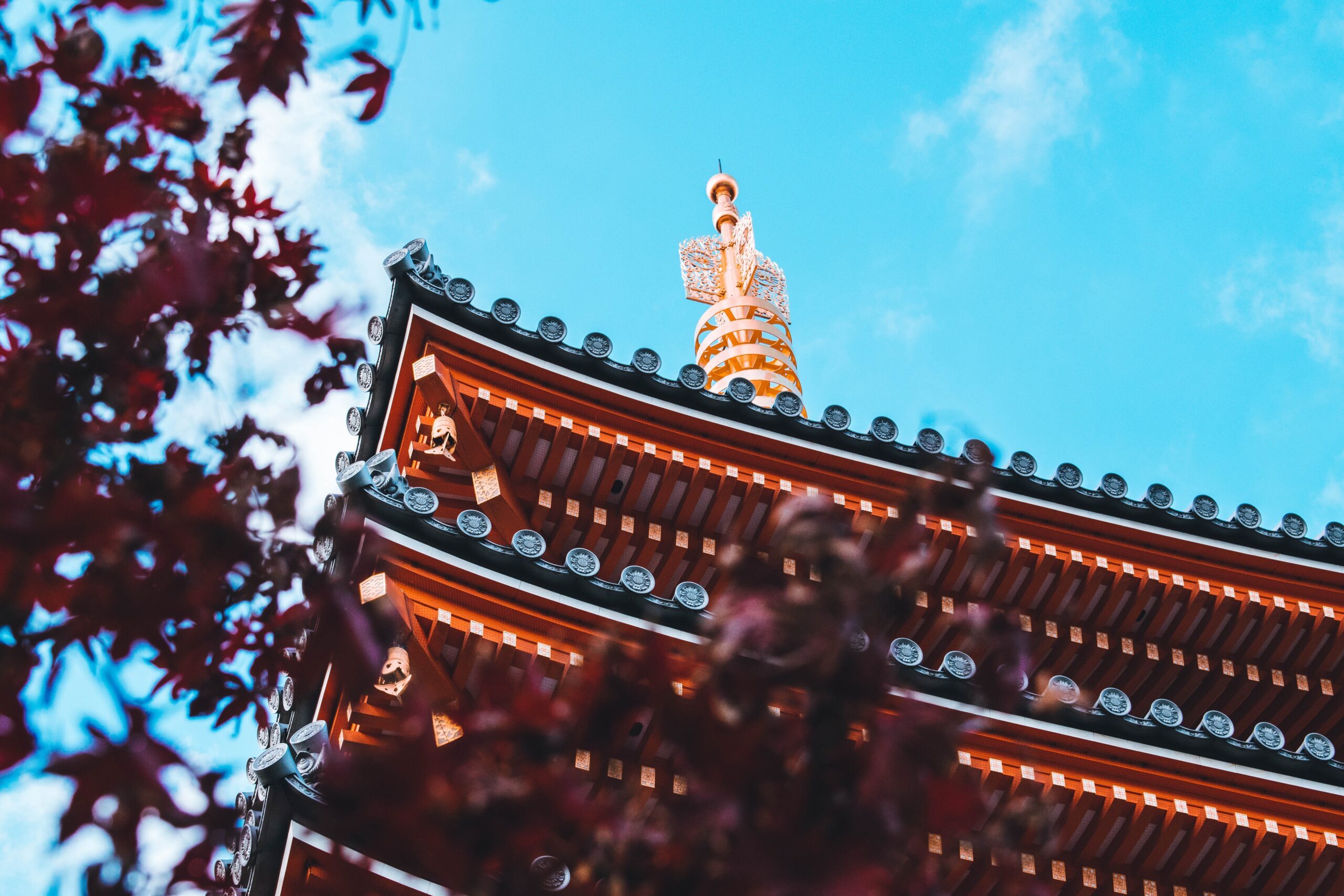Introduction:
As you step foot into Fukuoka, Japan, you’re not just entering a modern metropolis but also a city steeped in history and cultural heritage. With a history spanning over centuries, Fukuoka boasts an array of historical sites that offer a captivating glimpse into Japan’s past.
In this blog post, we invite you to join us on a journey through time as we explore some of Fukuoka’s most significant and awe-inspiring historical landmarks.
>>Search for the BEST Hotels in Fukuoka
Fukuoka Castle: A Majestic Reminder of Feudal Japan
Our first stop takes us to the iconic Fukuoka Castle, also known as Maizuru Castle. Originally constructed in the early 17th century, this formidable fortress played a crucial role during Japan’s feudal era.
Though much of the castle was destroyed over time, it has been meticulously restored to its former glory. As you stroll through its majestic gates and stone walls, you can immerse yourself in the fascinating history of the region.
Ohori Park: A Serene Oasis with a Rich Past
Nestled amidst the bustling city, Ohori Park is a picturesque oasis with a history that dates back to the Edo period. The park’s centerpiece is a large, scenic pond, surrounded by walking paths and gardens.
Once part of Fukuoka’s ancient moat system, Ohori Park is a testament to the city’s historical urban planning. It’s an ideal spot to unwind, appreciate the beauty of nature, and delve into Fukuoka’s storied past.
Kushida Shrine: Embracing Shinto Traditions
A journey through Fukuoka’s historical sites wouldn’t be complete without a visit to Kushida Shrine, a cultural gem that has stood since the 8th century. This Shinto shrine is a symbol of resilience, having survived wars and fires throughout its existence.
It is renowned for hosting the spectacular Hakata Gion Yamakasa festival, which is deeply rooted in local traditions and attracts thousands of visitors each year.
Tochoji Temple: A Beacon of Buddhism
Tochoji Temple, founded in the 9th century, is another prominent historical site in Fukuoka. Home to Japan’s largest wooden Buddha statue, the temple exudes a sense of tranquility amid the bustling city.
As you explore its intricate architecture and serene gardens, you’ll gain insight into the profound impact of Buddhism on Japan’s cultural and spiritual landscape.
Hakata Machiya Folk Museum: Time-Travel to the Past
Hakata Machiya Folk Museum offers a unique opportunity to step back in time and experience the daily life of Fukuoka’s residents in the Meiji and Taisho periods.
Housed in a beautifully preserved traditional merchant house, the museum showcases artifacts, tools, and furnishings that paint a vivid picture of Fukuoka’s past. It’s a cultural gem that reveals the essence of old-world Japan.
Shofukuji Temple: Japan’s First Zen Temple
Founded in 1195, Shofukuji Temple holds the distinction of being Japan’s first Zen temple. Despite facing destruction over the years, the temple has been rebuilt and remains a place of worship and meditation.
Visitors can explore the serene grounds, marvel at the Zen architecture, and gain insight into the profound influence of Zen Buddhism on Japanese culture.
Nanzoin Temple: Witnessing the Reclining Buddha
Venturing slightly outside the city center, we arrive at Nanzoin Temple, home to one of the world’s largest bronze reclining Buddha statues.
Towering at an impressive 41 meters in length, this awe-inspiring sight is a symbol of peace and serenity. The temple complex also features lush gardens and ornate pagodas, making it a tranquil escape from the urban buzz.
Cultural Heritage in Modern Times: Fukuoka Art Museum
While not as ancient as some of the other sites, the Fukuoka Art Museum is an essential stop for history enthusiasts. It showcases an extensive collection of artworks from various periods, including traditional Japanese art and contemporary pieces.
Exploring the museum allows you to trace the evolution of art and culture in Fukuoka through the ages.
Reconnecting with History: The Fukuoka City Museum
Our historical tour concludes at the Fukuoka City Museum, where visitors can delve deeper into the city’s past through interactive exhibits, artifacts, and displays. From prehistoric times to the modern era, this museum offers a comprehensive look at Fukuoka’s rich cultural heritage and evolution.
>>Search for the BEST Hotels in Fukuoka
Conclusion
Fukuoka’s historical sites are not just remnants of the past but living testaments to the city’s enduring legacy. Each site tells a unique story, reflecting the diverse cultural influences that have shaped Fukuoka over the centuries.
From ancient castles and temples to tranquil parks and museums, exploring these historical landmarks is a truly enriching experience that connects us to the roots of this vibrant city.
